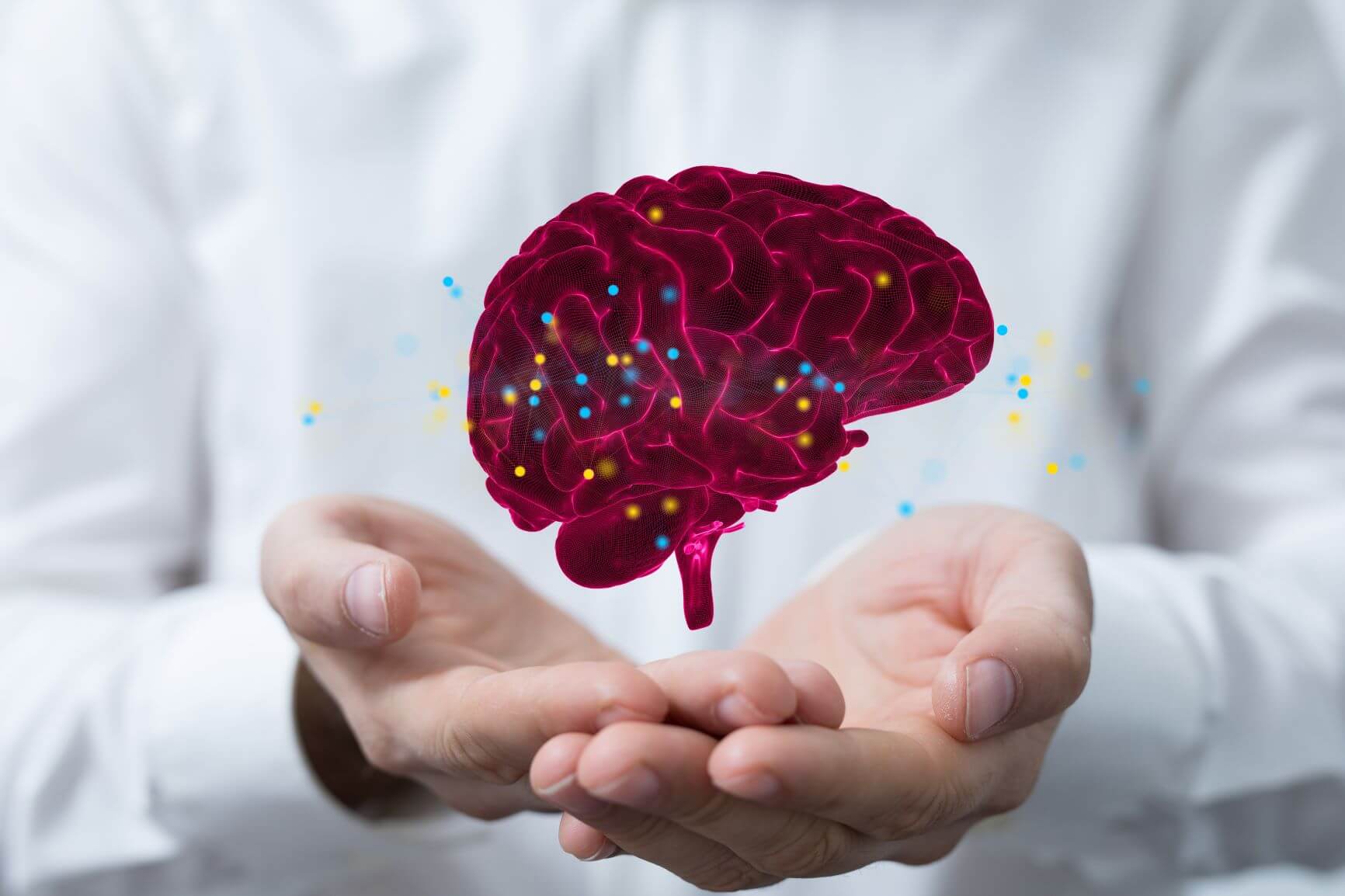As we age, cognitive decline occurs naturally, leading to a gradual reduction in both short-term and long-term memory efficiency. This affects learning abilities, working memory, spatial attention, and other essential cognitive functions.
Numerous studies indicate that brain training in older adults is crucial for maintaining existing cognitive abilities, exercising memory skills, and building “cognitive reserve” through long-term changes in neural pathways.
Discover Effectivate: Brain Training for Sharper Memory >>
What Is Cognitive Decline?
Cognition refers to a person’s ability to learn, process, and utilize information when needed. It underpins daily functioning and the ability to adapt to new situations.
Cognitive abilities include:
- Immediate, short-term, and long-term memory
- Visual and spatial perception
- Orientation in time and space
- Problem-solving, judgment, and decision-making
When cognitive function declines, executive functioning is impaired across multiple areas of life, impacting memory quality, daily independence, and overall well-being.
What Causes Cognitive Decline?
Several factors can influence brain function in older adults:
- Natural aging – Gradual slowing of brain function over time
- Neurodegenerative diseases – Including Alzheimer’s and dementia, which damage neurons and synaptic connections
- Medical conditions – High blood pressure, diabetes, cardiovascular, or vascular diseases
- Lack of physical activity – Sedentary lifestyle reduces brain stimulation
- Nutritional deficiencies – Vitamins and nutrients such as B12 are essential for cognition
- Psychological factors – Stress, depression, and anxiety can burden cognitive systems
- Medications – Certain drugs may have side effects affecting memory or cognition
A combination of these factors increases the risk of cognitive decline, making early intervention crucial.
How Does Cognitive Decline Manifest?
Common signs include:
- Memory lapses – Forgetting names, objects, appointments, or events
- Executive dysfunction – Difficulty planning, organizing, or making decisions
- Reduced attention and concentration – Struggling to maintain focus or switch between tasks
- Slower information processing – Delayed response to new information or situations
While minor lapses are normal, persistent or impactful changes warrant professional evaluation.
Cognitive Decline in Older Adults
Cognitive decline is often a natural part of aging but may also be associated with neurodegenerative diseases such as dementia.
- Crystallized intelligence, which encompasses accumulated knowledge and wisdom, often remains stable or may improve with age.
- Fluid intelligence, which includes working memory, multitasking, and rapid problem-solving, tends to decline.
Severe deterioration can affect memory, concentration, information processing, and even orientation. Pathological cognitive decline often requires environmental support for daily functioning.
Learn more about Healthy Aging – in our video guide
COVID-19 and Cognitive Functions
Research at Oxford University examined hundreds of COVID-19 patients, revealing up to a 2% loss of brain tissue due to virus-induced brain shrinkage.
Key findings include:
- Damage to areas responsible for memory, attention, and emotional regulation
- Reduction in gray matter thickness and volume
- Changes in white matter structure
Patients reported “brain fog,” with impairments in memory, attention, and cognitive processing – even in mild cases. Long-term consequences remain uncertain, requiring further study.
Dive Deeper: Get More Memory and Cognitive Tips >>
How to improve your memory – recommended methods >>
Mild Cognitive Impairment (MCI)
MCI is a condition in which memory and cognitive abilities fall below normative standards for a person’s age, without reaching the severity of dementia or Alzheimer’s disease.
- Individuals with MCI typically remain independent in daily activities
- Studies show a 30-40% probability of developing dementia within five years
- Conversely, some individuals may remain stable or revert to normative cognitive functioning
Medical evaluation is recommended to distinguish between normal age-related changes and pathological decline.
Steps to Take if Cognitive Decline Is Suspected
- Consult a physician or neurologist for evaluation and testing
- General medical tests – Blood work, vitamin levels, thyroid function, imaging if necessary
- Cognitive assessments – MoCA, computerized cognitive screenings
- Address underlying conditions – Manage health issues, review medications, treat mental health concerns
- Brain training – Programs and exercises designed to improve memory, attention, and cognitive speed
- Lifestyle interventions – Physical activity, balanced nutrition, sleep hygiene, and social engagement
How to Manage Cognitive Decline
Brain Training
The brain functions like a muscle: regular exercise strengthens neural connections and maximizes cognitive potential.
Effective brain training includes:
- Personalized memory games and cognitive exercises
- Challenging tasks that promote plasticity and create new neural pathways
- Learning new skills, such as languages, musical instruments, or strategy games (chess, bridge)
- Engaging in stimulating lectures or educational content
These activities preserve existing connections, build new ones, and enhance memory and executive function in daily life.
Maintaining a Healthy Lifestyle
Physical Activity
- Daily aerobic activity (walking, stairs)
- Resistance training for bone and muscle health
- Balance, flexibility, and stability exercises
- Benefits: improves cognitive function, maintains mobility, and reduces dementia risk
Nutrition
- Diverse vegetables and fruits
- Healthy fats: nuts, olive oil, avocado
- Fish weekly
- Legumes and whole grains
- Limit processed meats, sugar, and excess sodium
Supplements (consult professionals)
- B vitamins, vitamin E, antioxidants
- Vitamin D
- Omega-3 fatty acids
Sleep and Stress Management
- Prioritize sufficient, quality sleep
- Yoga, meditation, mindfulness, and relaxation exercises
- Listening to music or nature sounds for stress reduction
Embracing “Pro-Aging” Mindset
Cognitive decline is not inevitable. Early intervention, combined with medical monitoring, brain training, physical activity, and a healthy lifestyle, can preserve cognitive abilities, improve quality of life, and maintain independence and confidence well into older age.










